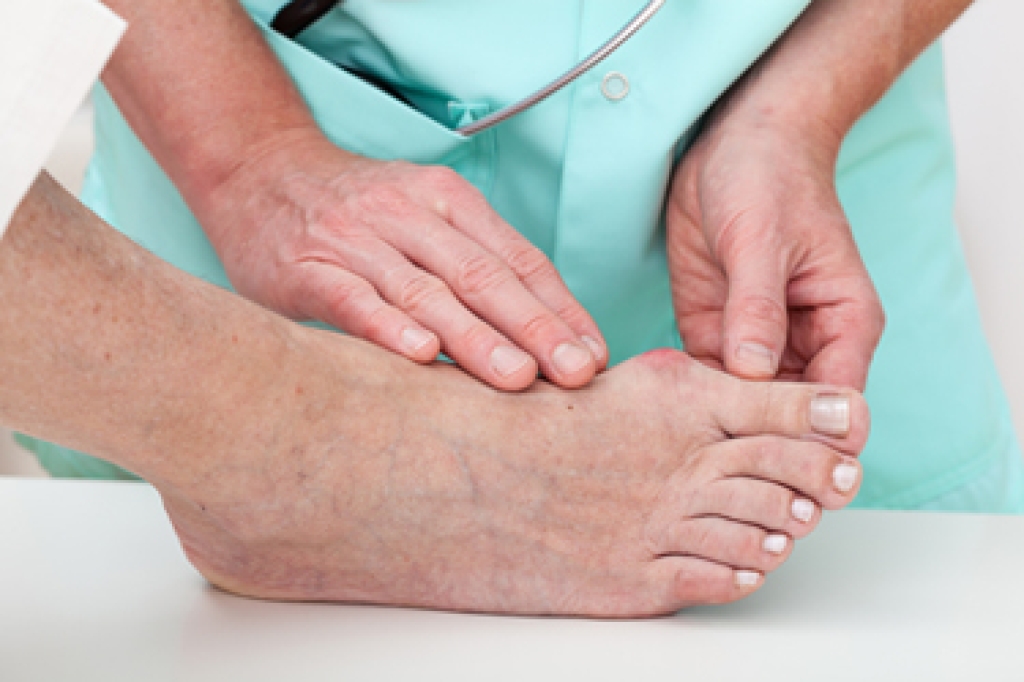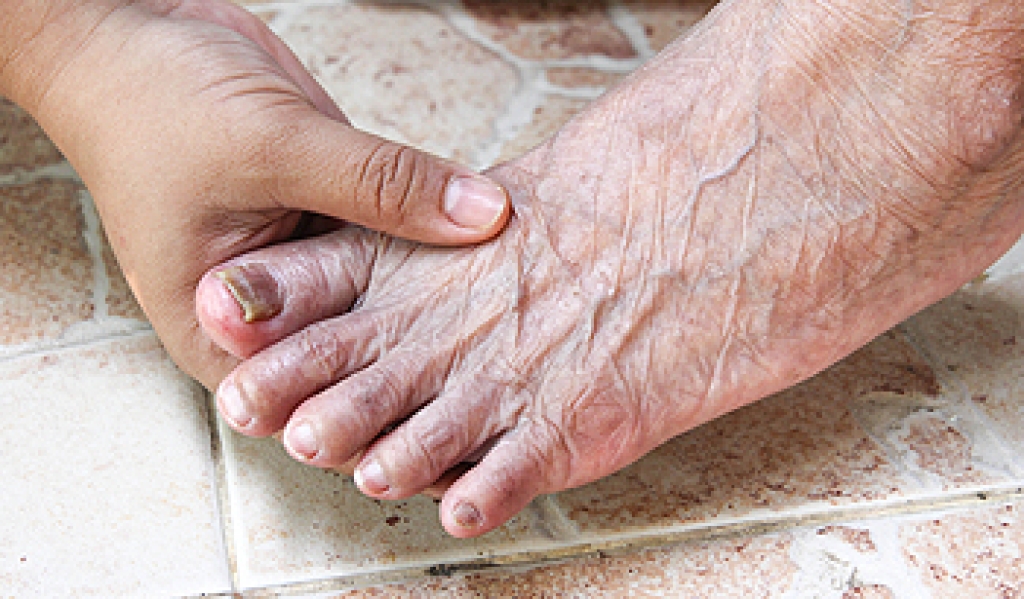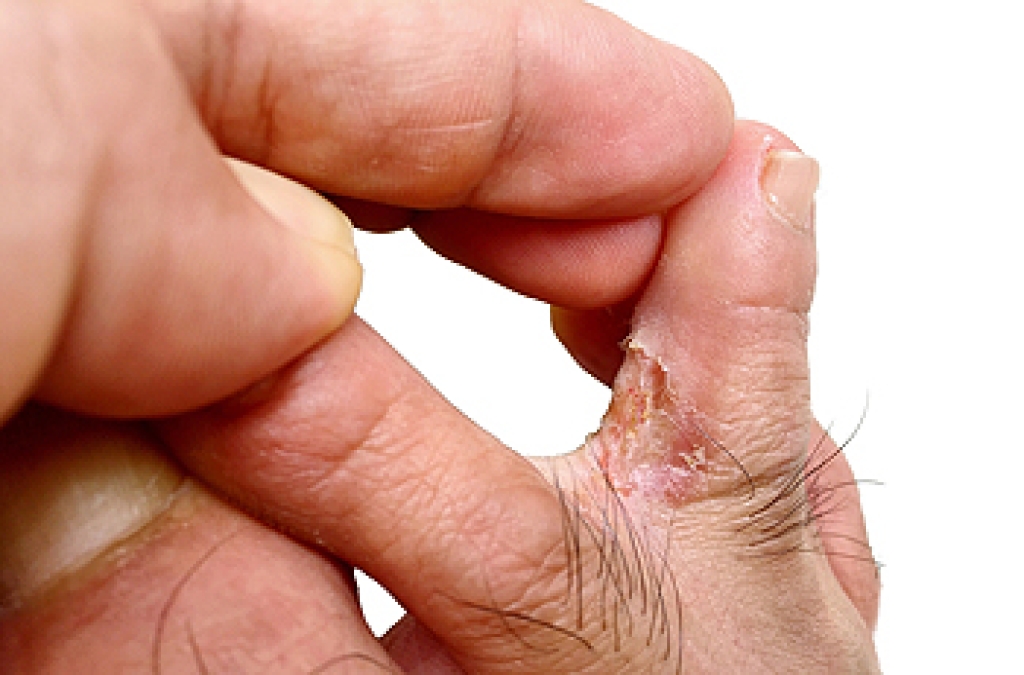
Simple exercises can help keep the big toe more comfortable and mobile when arthritis begins to limit motion. One option is a seated toe glide. Sit with your foot flat on the floor and slowly slide the big toe forward and back without lifting it. This movement encourages joint mobility without excessive pressure. Another helpful exercise is the big toe lift. While keeping the smaller toes relaxed, lift only the big toe upward, hold briefly, and place it back down. This strengthens the muscles that stabilize the joint and can reduce stiffness over time. These activities should feel smooth and controlled, never forced. A podiatrist can determine which exercises match the severity of your arthritis, recommend supportive footwear, and provide treatments that make movement easier and safer. If foot discomfort increases or motion becomes more limited, it is suggested that you see a podiatrist for effective relief and management tips.
Stretching the feet is a great way to prevent injuries. If you have any concerns with your feet consult with Paul Hutchison, DPM from Hutchison Foot Clinic. Our doctor will assess your condition and provide you with quality foot and ankle treatment.
Stretching the Feet
Being the backbone of the body, the feet carry your entire weight and can easily become overexerted, causing cramps and pain. As with any body part, stretching your feet can serve many benefits. From increasing flexibility to even providing some pain relief, be sure to give your feet a stretch from time to time. This is especially important for athletes or anyone performing aerobic exercises, but anyone experiencing foot pain or is on their feet constantly should also engage in this practice.
Great ways to stretch your feet:
- Crossing one leg over the others and carefully pull your toes back. Do 10-20 repetitions and repeat the process for each foot
- Face a wall with your arms out and hands flat against the wall. Step back with one foot and keep it flat on the floor while moving the other leg forward. Lean towards the wall until you feel a stretch. Hold for 30 seconds and perform 10 repetitions for each foot
- Be sure not to overextend or push your limbs too hard or you could risk pulling or straining your muscle
Individuals who tend to their feet by regular stretching every day should be able to minimize foot pain and prevent new problems from arising.
If you have any questions please contact our office located in Memphis, TN . We offer the newest diagnostic and treatment technologies for all your foot and ankle needs.




